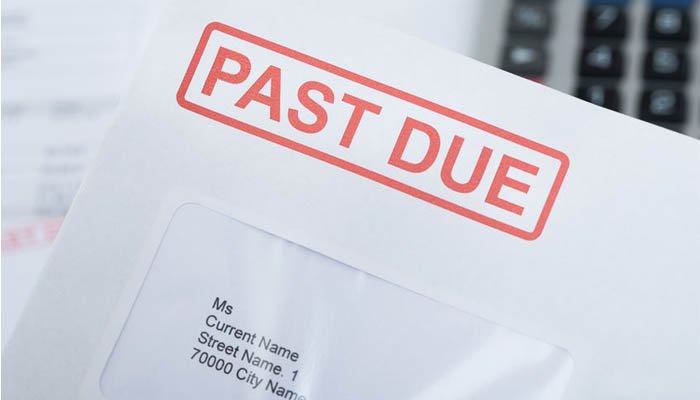If we had to choose which of the 90-plus industries we’re boarding increasingly less of, it would have to be debt collection.
Over the last 3-4 years, acquiring banks – especially those here in the U.S. – are shunning merchants seeking payment processing for debt collection businesses.
Much of the responsibility for that can go to the Consumer Finance Protection Bureau, which has had the debt collection industry in its sights for several years and announced several reforms recently that will affect third party debt collectors.
If the reforms pass, debt collections merchants are going to face more regulation and significant modifications in most areas of their practices. With such changes, however, will acquiring banks eventually warm back up to the industry?
Why is the Government Stepping In?
For the better part of the last 20 years, the debt collections industry was akin to the wild, wild west. Debtors were paying substantial fees and interest. Agencies were contacting debtors with many resorting to threats and harassment – which, in a recent article in Experian Insights, was said to be the impetus for reform.
“A lot of merchants had purchased debt and added outrageous fees, sometimes more than double what the debtor actually owed,” said Wendy Jacques, Sales Manager at Instabill. “So the government stepped in. You just can’t do that anymore.”
Debt Collectors Will Need to Validate
Among the reforms up for vote include verifying the debt prior to contacting the debtor. This means obtaining any and all documents – including those from a prior creditor – that prove a debt is owed.
Thinking of Calling That Debtor? Hang on a Minute.
- The most significant reforms a debt collections agency will feel will be communication with debtors: Collections agency representatives will be allowed no more than six contacts per week, through telephone, e-mail or mail (that includes unanswered phone calls and voice mails).
- After reaching the debtor for the first time, the collector can contact the debtor thereafter once (with no more than three attempts).
- The CFPB reforms would also impose a 30-day waiting period before contacting the family of a debtor who has passed away.
CFPB Reforms Affect Merchants Too
Merchants have a small role in the CFPB’s debt collection reforms: Those merchants to whom debt is owed must contact the debtor before reporting them to any consumer reporting agency. For example, a physician’s office, to whom monies are owed by a consumer, must reach the consumer to inform them about the debt before they turn it over to an agency for collection.
What Merchants Need for Debt Collections Approvals
Although some banks are declining debt collection merchant accounts, four things are needed to earn an approval, says Ms. Jacques:
- A minimum six months of payment processing history
- $100,000 in revenue per month
- An offshore, aggregate merchant account with a shared billing descriptor
- Debt cannot be purchased by the merchant
Instabill merchant account managers will work tirelessly to find a payment processing solution. They are always up for a conversation at 1-800-318-2713 or by selecting the live chat button below.


